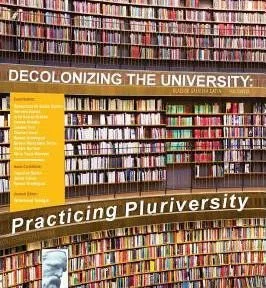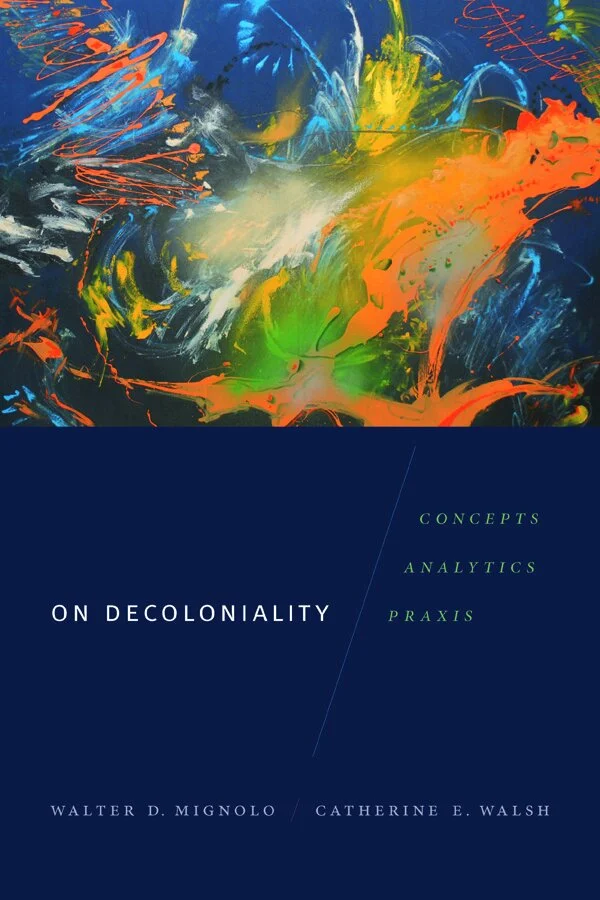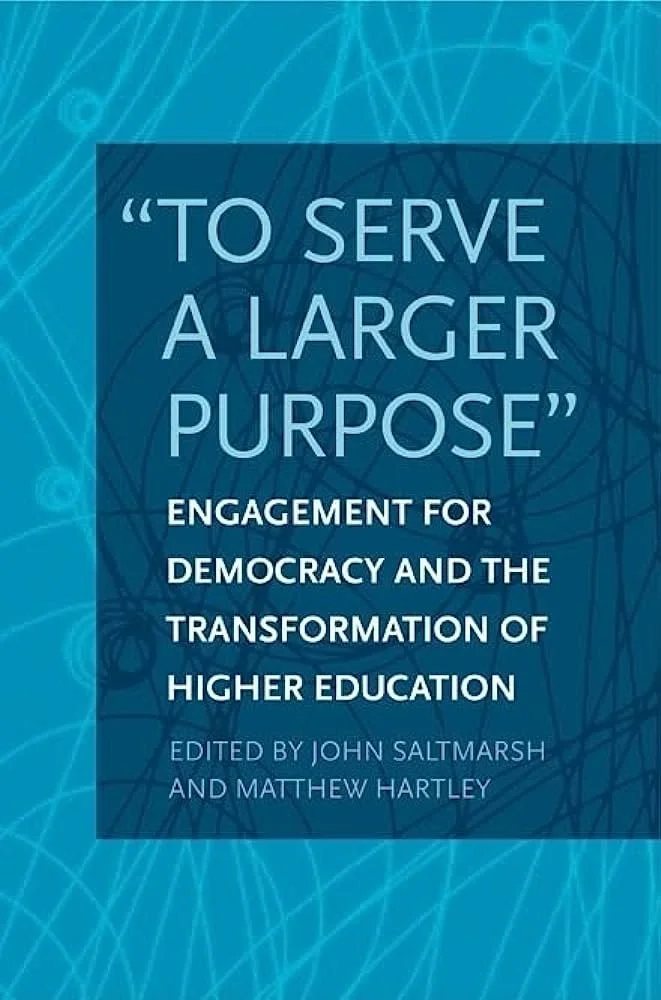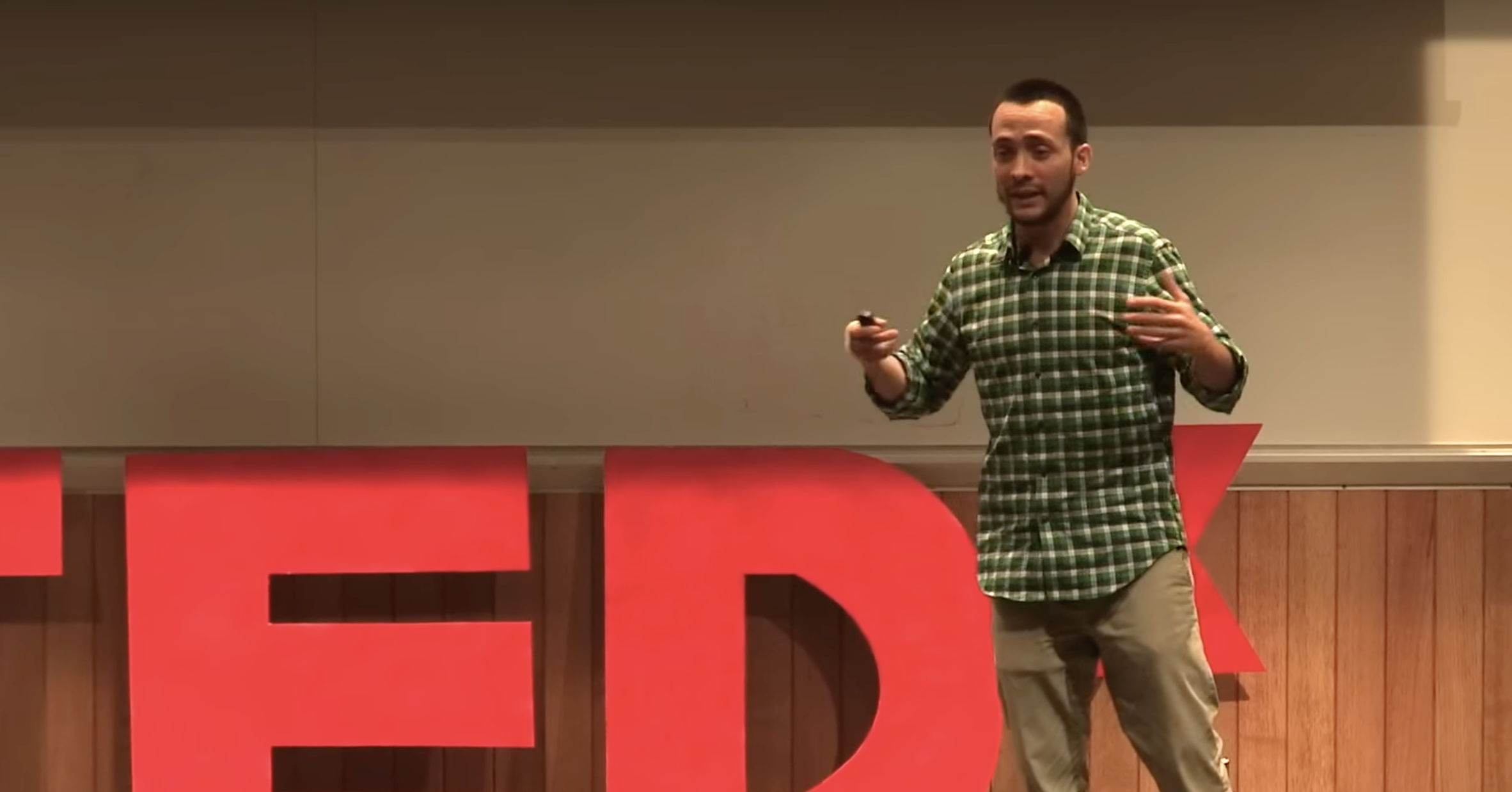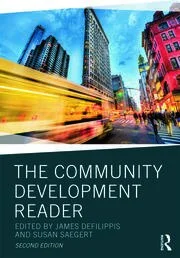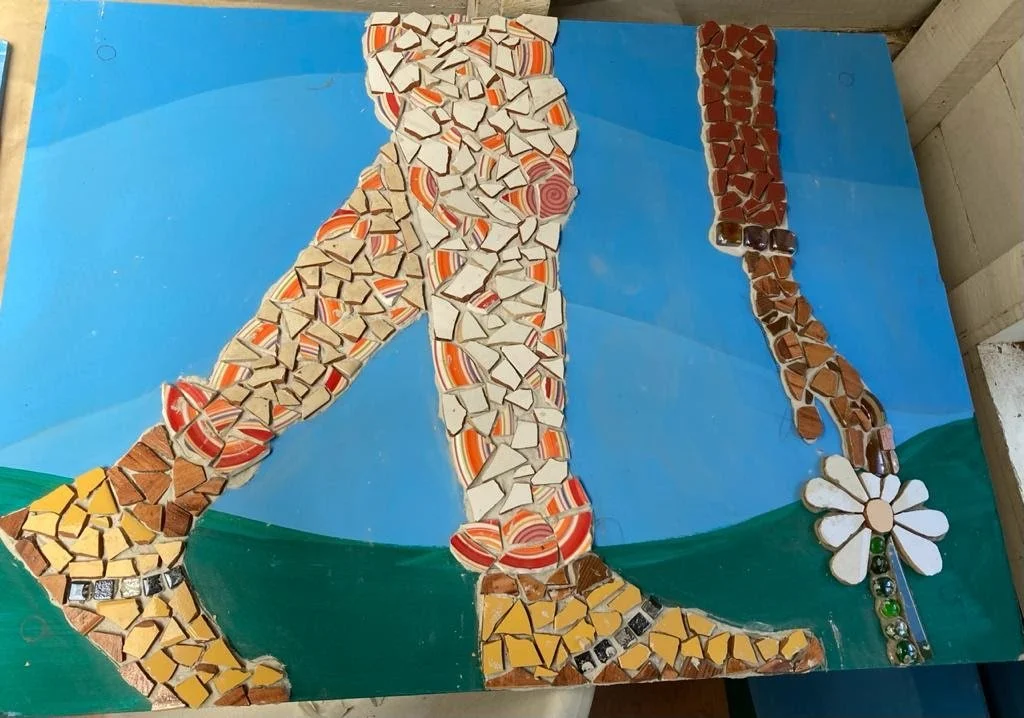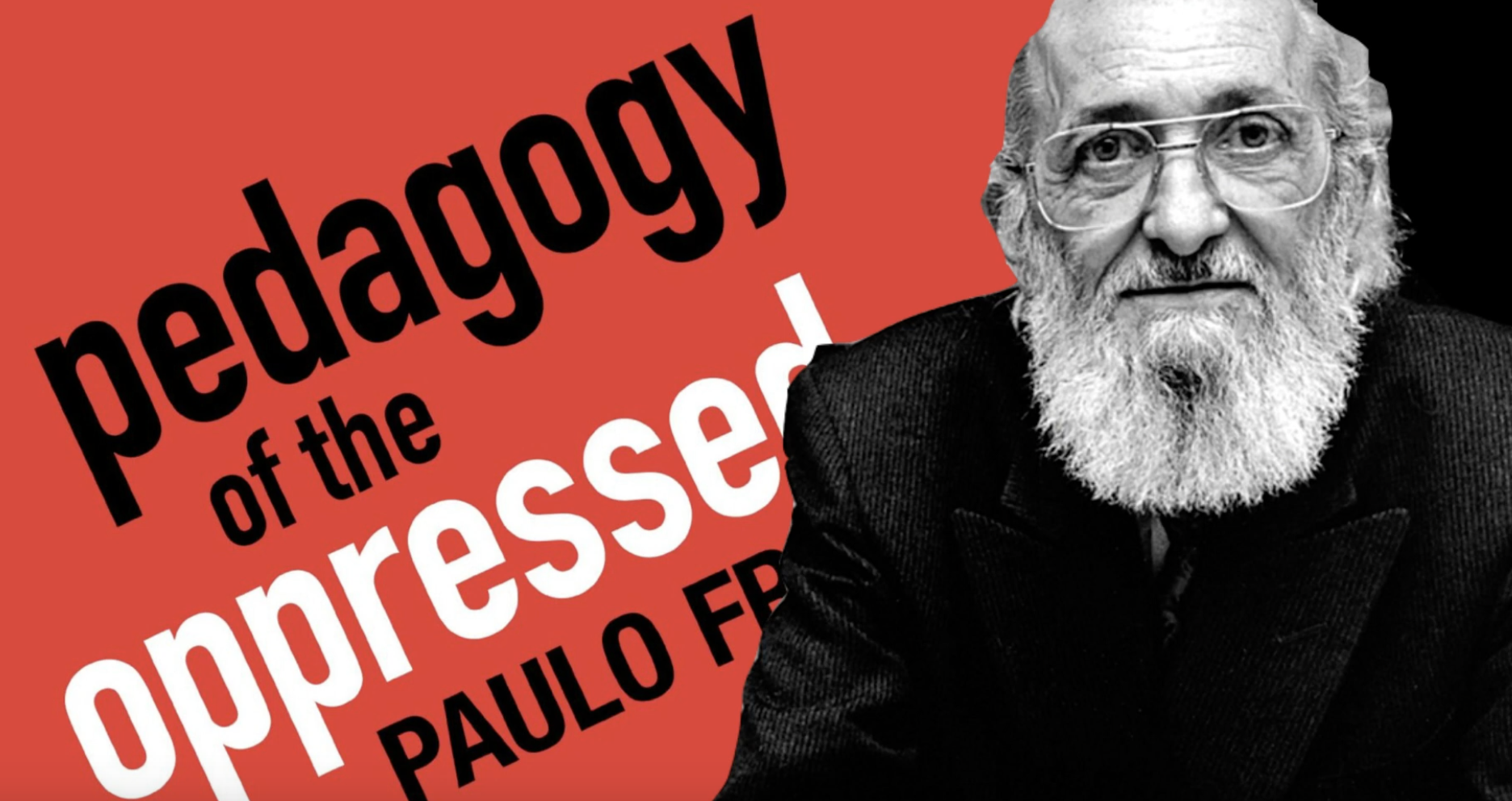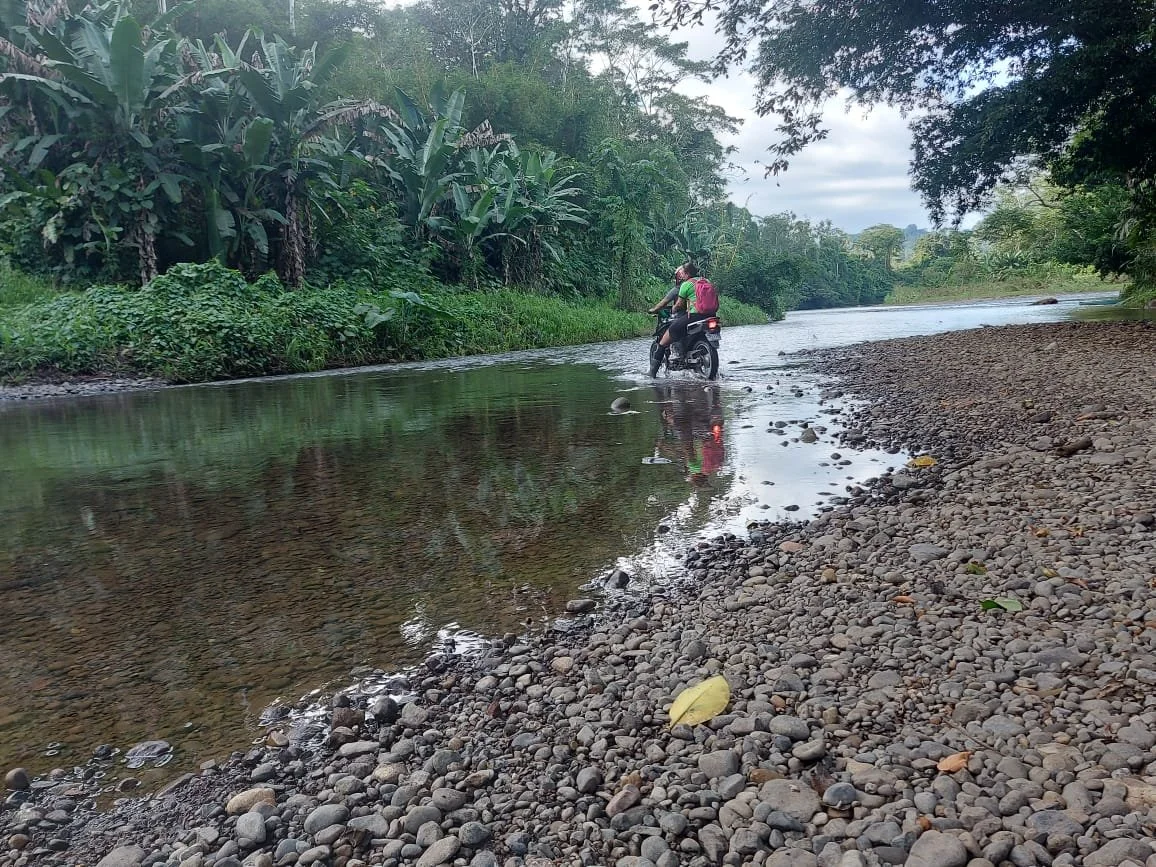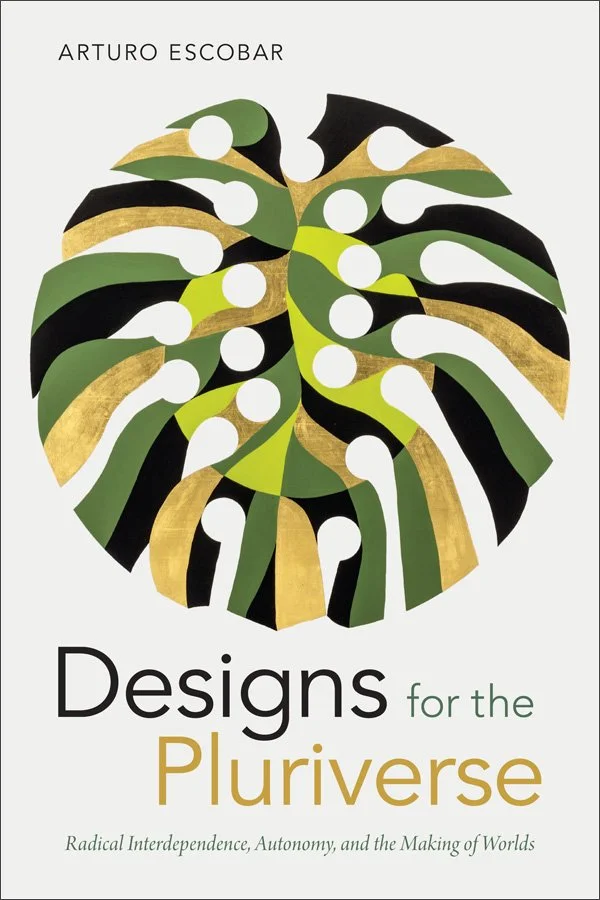
Take Root
Around the world – inspired by new ideas about resilience, autonomy, justice, and engagement – radically reciprocal relationships between universities (and many public serving institutions) are beginning to take root. These new conceptualizations challenge the leaders of university and public institution to rethink their relationships with communities and work to liberate their organizations from elitist and expert to co-generative and co-creative practices. Here we share our call for change in land-grant universities as well as our inspirations.
Towards a Pluriversal Land-Grant: Reconciling the Land-Grant through Radical Reciprocity
Jeno Rivera, PhD – RCAH and CSUS Associate Professor; Director of CANR Liberty Hyde Bailey Scholars Program
Vincent Delgado, MPA – Coordinating Director, RCAH Network for Global Civic Engagement
Dylan AT Miner, PhD – Dean and Professor, Residential College in the Arts and Humanities
The mission of the land-grant (LG) system of higher education in the U.S. has long driven the work of LG colleges and universities. This mission, however, was drafted during a time of widely different social contexts, financial and intellectual resources, and national priorities (1865). With an increase in the number of LG colleges and institutions overtime (1865, 1890, 1994), a shift in focus from agriculture to industry, and changes from a not-for-profit fiduciary and public interest model that once funded the LG system to a commercial model, the LG mission has evolved. Like other “public” universities, LGs are now organized within a commercial model that focuses largely outward with a goal toward expanding US national interests abroad (e.g., World-grant institutions). This model shifts the priority from work aligned to the public mission to efforts guided by revenue generation. In turn, the current LG model:
Renders unnecessary relational connections with communities
Prioritizes and commercializes a unidirectional diffusion of knowledge
Marginalizes local and global economies concerned with social, environmental, and economic resilience.
Abandoning the commercialized model of higher education, however, will not solve the problems associated with commercialization and the limits of growth and change given the ongoing centrality of capitalism as the primarily economic system in which higher education functions. Accordingly, LGs need to change their internal practices, motivations, and value-added systems to consider how commercialized models may better align with an LG mission in need of evolution. This mission — which equally values teaching, research, and outreach — has seen minimal change overtime, with its outputs frequently led by “expert knowledge” flowing outward from institution to community.
Still, we do not advocate the development of new commercialized business models for LG institutions based on structural variables such as standardization, centralization, and specialization. Rather, the unique structures of LG institutions (i.e., public-serving, decentralization, divisiveness) should remain constant. We propose that LGs evolve their public missions by adopting a form of engagement we term radical reciprocity. For us, radical reciprocity refers to a shift in the unidirectional flow of knowledge to ensure that communities serve as experts and co-producers of knowledge both inside and outside LG institutions. Moreover, we intentionally employ the term radical, “or forming the root,” which allows us to get to the systemic roots of oppressive and exclusionary practices. Doing so will allow the pluriversal incorporation of multiple knowledge models or “worlds” within the LG mission, including the commercial, the community, the public and many others.
Figure 1: Original Land-grant outreach, teaching and research mission compared to proposed pluriversal knowledge mission through Radical Reciprocity.
Land-grant Roots and Relevance
Land-grant universities include some of the largest and most research-productive institutions of higher learning in the world. They have educated millions of students and produced leaders in every field. They have driven research breakthroughs that have saved lives and changed the way we live them. They have connected with and served communities in their states and far beyond.
Michigan State is recognized as the model from which this transformation of U.S. higher education arose. The college’s first president, Joseph Williams, dubbed it “an experiment” that was “established on no precedent, it is alike a pioneer in the march of men and the march of the mind.” Michigan State has often recounted its origin story and celebrated the great good arising from the democratization of higher education, the advancement of knowledge and extension and outreach activities.
Today, we recognize we have not collectively acknowledged the connection between land-grant universities and the systematic seizure and dispossession of land from Native Americans as well as the role the federal government’s support for agriculture played in relentless westward expansion. Acknowledging this history, we also understand that in our current context, using “pioneer” as a descriptor for our institution does not align with our values of respect and our commitment to diversity, equity and inclusion.
To honor these commitments requires us to tell a more complex story. The land Michigan State occupies was ceded by Indigenous people in the 1819 Treaty of Saginaw. These lands are the ancestral, traditional, and contemporary lands of the Anishinaabeg – Three Fires Confederacy of Ojibwe, Odawa and Potawatomi peoples. Land granted to benefit Michigan State in association with the Morrill Act was situated in both the Upper and Lower Peninsulas of Michigan, ceded in the 1819 treaty and two treaties in 1836. Treaties like these were negotiated under duress and were often the result of coercion and violence.
The impact on Indigenous peoples created by Michigan State’s founding was not only indirect. A map from MSU’s first year shows a Native encampment by the Red Cedar River near Old College Field. This camp appears to have been used seasonally and provided a base for hunting, fishing and processing maple sap. It is not known when Native peoples stopped using the encampment, but it was certainly in the very early years of the university’s existence. Loss of land, diminished access to natural resources and forcible relocation adversely affected Indigenous people’s well-being and cultures in significant ways that still reverberate today.
Diversity, Equity, Inclusion, and Decolonization of the LG
How universities say they should engage with communities and the expectations of communities with whom universities engage have changed profoundly in the past 25 years (Hanover Research, 2018). Community engagement, development, justice and change have taken decidedly local, participatory and systemic turns. (Randazzo, 2016, 2020; Tandon, 2014; Saltmarsh & Harley, 2011; Stoecker, 2016) Networks and organizations led by scholars focused on community-participatory research, teaching and learning and other networks, including the American Association of Colleges and Universities, the Engaged Scholarship Consortium, the International Association for Research on Service-Learning and Community Engagement, Imagining America, and many others, have grown tremendously during those 25 years. These organizations have led movements for increased community participation, local inclusion and a focus on systems change within higher education.
At the same time, the need for measurable change in diversity, equity, and inclusion (DEI) inside and outside the academy is now correctly understood as urgent. Twenty-five years ago, universities hadn’t been challenged to respond to systemic racism, Black Lives Matter, #Me Too, 99%, and many other movements for system change in communities across the U.S. and around the world. Universities had not really faced rising extremism, anti-immigrant rhetoric, the legacy of Larry Nassar, and other examples of inequity, implicit bias and white supremacy embedded within the academy. Twenty-five years ago (and some would argue still), universities had not fully reckoned with the interlinked nature of climate change, accelerating inequality and threats to human security and peace. Twenty-five years ago, universities focused largely on celebrating diversity and inclusion – inviting a diversity of people to enjoy what Charles Eisenstein (2020) calls a “banquet of whiteness” without addressing the inequities embedded in what is served, who decides the menu and the seating arrangements.
Eisenstein argues, along with development scholars such as Arturo Escobar (2018), that universities and other institutions need a complete, pluriversal rearrangement of the table itself. We need many different communities to fit at the table, selecting the food, enjoy its flavor and learning from one other. In other words, inclusion must be understood in the context of unearned white privilege and white supremacy as root causes of inequity, injustice, disenfranchisement, and marginalization in the university and across many U.S. institutions. John Muir College Provost K. Wayne Yang (2017), writing under the pseudonym la paperson, calls for the university, in the face of such systemic and ongoing discrimination, rising inequity, the primacy of technological innovation, and the use of social media algorithms and artificial intelligence -- to be decolonialized.
Embedded in these calls for new forms of inclusion and decolonialization, then, is a reorientation that transforms institutional notions of inclusion, in which BIPOC and marginalized communities have long been “included” in elite institutions if they ensure the continuation of the institution’s hierarchy, which in the context of the US can be described as racist, inequitable, and unjust.
Radical Reciprocity
MSU should refocus its land-grant model and practice from an often-elitist form of community engagement to a radical reciprocity that equitably engages with communities—particularly Black, Indigenous, and people of color (BIPOC)—as experts and co-producers of knowledge.
By reconciling what it calls the pioneering land-grant mission at Michigan State University – a groundbreaking and necessary transformation of our legacy and that of other land-grant universities during a time of crises and transition – we directly address racist and inequitable structures, which harm the democratic purpose of the university, as well as the communities in which we live, work, and serve. Doing so recenters the land-grant's historical commitment from an often-elitist form of engagement – one that both commodifies and calls for the unidirectional knowledge transfer outward from the university – to a radical reciprocity that equitably engages communities, particularly BIPOC, as experts and co-producers of knowledge. We intentionally employ the term radical in its etymological relationship to “forming the root,” as well as its relationship to a systematic and revolutionary shift. Radical means getting to the root causes of current oppressive and exclusionary practices while simultaneously excavating past practices and tracing their legacies to uproot them. This call for a new and liberated land grant is deeply rooted in new models of university-community relationships.
MSU should not simply seek out and include historically marginalized communities and their knowledges but serve as a college that fits many worlds into one. Therefore, we call on the university and all public serving institutions to adopt a multidirectional and intergenerational relationship model that focuses on power-sharing and a mutual understanding that all knowledge and lived experiences should be included and understood of having equal value.
Inspirations
Eisenstein, C. (2020). The Banquet of Whiteness. Self-published. Retrieved from https://charleseisenstein.org/essays/the-banquet-of-whiteness/.
Mignolo, W.D. (2027). Coloniality is far from over, and so must be decoloniality. Afterall, 43, Spring/Summer. DOI https://doi.org/10.1086/692552. Retrieved from https://www.journals.uchicago.edu/doi/full/10.1086/692552.
Butin, D. (2015). Dreaming of Justice: Critical Service-Learning and the Need to Wake Up. Theory into Practice, 54:1, 5-10, DOI: https://doi.org/10.1080/00405841.2015.977646
Clayton, P., Bringle, R., Senor, B., Huq, J. & Morrison, M. (2010). Differentiating and assessing relationships in service-learning and civic engagement: Exploitative, Transactional, or Transformational. Michigan Journal of Community Service Learning, Spring 2010, 5-22.
La paperson (2017). A Third University is Possible. University of Minnesota Press: Minneapolis, MN.
Dutta, U. (2022). Decentering “Community” in Community Psychology: Towards Radical Relationality and Resistance. In: Kessi, S., Suffla, S., Seedat, M. (eds) Decolonial Enactments in Community Psychology. Community Psychology. Springer, Cham. https://doi.org/10.1007/978-3-030-75201-9_4
Clayton, P., Bringle, R., Senor, B., Huq, J. & Morrison, M. (2010). Differentiating and assessing relationships in service-learning and civic engagement: Exploitative, Transactional, or Transformational. Michigan Journal of Community Service Learning, Spring 2010, 5-22.
Keywords
-
Autonomy
Comes from the Zapatista conceptualization of autonomía, in which communities – or worlds – work to take local ownership and/or control of key social functions including eating, learning, healing, dwelling, exchanging, moving, owning and working (Escobar, 2018, pg. 172-176). In this way, autonomy within the concept of radical reciprocity means that communities maintain and grow their own control of how key social functions are exercised without approval by public-serving institutions.
-
Co-construction
This term has two lineages (Campenella et al, 2022): A northern tradition in which co-construction of knowledge with insiders is seen as more efficient; and a Frierian lineage, coined by Paolo Friere, the late Brazilian educational theorist. Our use of the term follows the Frierian conceptualization, which calls for a democratic approach to meaning making in which all forms of knowledge are welcome. Such an approach, within radical reciprocity, calls for public-serving institutions to ask themselves how they are privileging and locating expertise. Are they willing to accept expertise and knowledge from communities or only knowledge sanctioned by the academy’s so-called experts?
-
Decentering
Replacing the traditional approach by the academy towards community as a colonial object of inquiry (or research) with a decolonial approach that prioritizes mutuality, reciprocity, justice and allows for a variety of collaborative actions between public serving institutions and communities in which research is only one (Dutta, 2021).
-
Decolonizing
K. Wayne Yang, writing as la paperson in his A Third University is Possible (2017) discusses three worlds of engagement in the academy. The first world university accumulates. The second world university critiques. The third world university strategizes “decolonializing machine[s] out of colonizing scraps.” Decolonizing as action rather than critique or accumulation is a key concept within radical reciprocity.
-
Expansive
The nature of university/public serving institutions - community relationships should be understood to be expansive or constrained only by the limits of imagination rather than the limits of colonial systems of beliefs. In this way, the walls between communities and these institutions should be seen as permeable.
-
Inclusivity
Community enfranchisement is intentionally sought by the re-construction of public serving institution-community borders as permeable. Communities see the institution as both institution and community space. Community partners have decision-making power in public serving institution-community projects. (See Eisenstein’s notion of the ability to set the table and co-create the menu vs. a place at the table).
-
Land-grant mission
Under the Morrill Act, the original mission of land-grant universities was to ensure that the working classes could obtain a liberal, practical education by teaching agriculture, military tactics, the mechanic arts and classical studies so members of the working classes could obtain a liberal, practical education. In later years, the mission shifted into the tripartite land-grant promise of research, teaching and extension.
-
Multi-directional
With few exceptions, in capitalist systems power and capital appear to flow in one direction from universities/public serving institutions and communities. However, communities has experienced these relationships largely as data, resource and knowledge extractive. All forms of material, power, capital, lived experience and knowledge must flow in multiple directions. Universities and communities should consider themselves and their relationships permeable.
-
Pluriversality
Conscious ontological engagement with and building of “worlds” through devaluation of “expert” knowledge in favor of the co-generation of multiple knowledges (or worlds). Public serving institutions seek to become a “world in which many worlds fit.”
-
Public and Land-grant universities
NEED DEFINITION
-
Public-serving Institutions
Public and private organizations, agencies, networks, systems and other human-created institutions that have as their primary missions service to the public. While they have enormous capacity to affect positive social change at multiple scales, some institutions increasingly reflect deep inequalities around the world, many appear to have disengaged from their public promise to focus on existential rather than community concerns. As civilla notes: “The programs, regulations, and money have become the core focus of institutions, rather than the people they’re meant to support.” (https://civilla.org/why-insitutions)
-
Radical
University/public serving institution-community relationships should include a process that intentionally seeks to uproot, trace, understand, engage, and address root causes and legacies of exclusionary practices, inequity, oppression, and other systemic causes of harm to communities and to the democratic purpose of public serving institutions.
-
Reciprocity
Relationships co-create and sustain clear benefits for all involved.
References
Campanella, Melissa, Ben Kirshner, Joanna Mendy, Magnolia Landa-Posas, Kathleen Terrazas Hoover, Solicia Lopez, Laura-Elena Porras-Holguin, and Monserrat Estrada Martín. (2022). "Co-Constructing Knowledge for Action in Research Practice Partnerships" Social Sciences 11, no. 3: 140. https://doi.org/10.3390/socsci11030140
Dutta, U. (2022). Decentering “Community” in Community Psychology: Towards Radical Relationality and Resistance. In: Kessi, S., Suffla, S., Seedat, M. (eds) Decolonial Enactments in Community Psychology. Community Psychology. Springer, Cham. https://doi.org/10.1007/978-3-030-75201-9_4
Escobar, A. (2018). Designs for the Pluriverse. Durham, NC: Duke University Press
La paperson (2017). A Third University is Possible. University of Minnesota Press: Minneapolis, MN.


